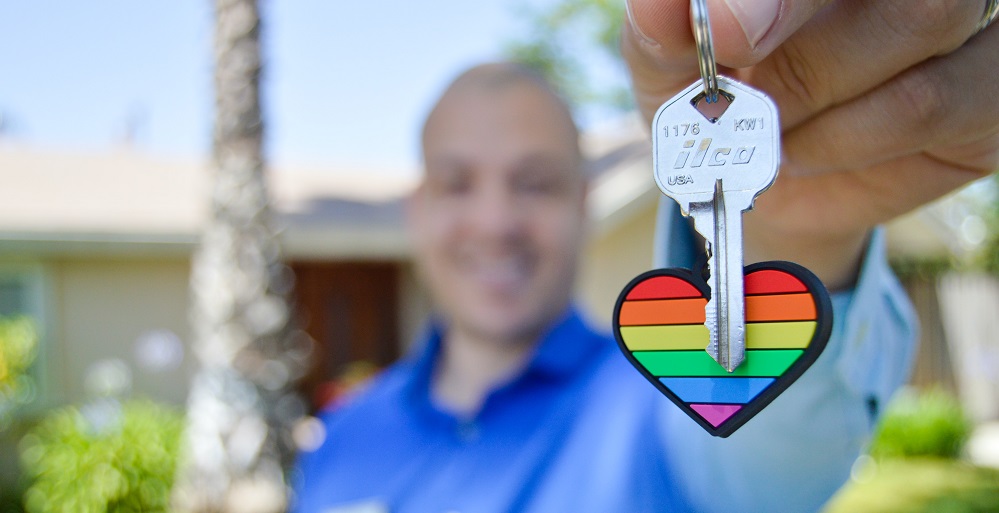Paying Off All Outstanding Debt Might Not Be a Good Idea

Living debt-free is a common and admirable goal. Without debt, you can spend more money on investments and less time worrying about making ends meet. Unfortunately, in a rush to pay off outstanding debts, you may cost yourself money. While the logic sounds counterintuitive, it is true.
Before you start paying off debt, it is worth investigating the ins and outs of the debt you carry. Paying off some debts quickly is a no-brainer; for example, credit card debt carries notoriously high interest rates with minimal advantage to allowing the debt to linger from month to month.
As you attempt to weigh the pros and cons of channeling all of your spare cash to paying off debt, you will want to consider three things: interest rates, taxes, and other uses for the money. After taking a deeper look at each of these three determiners, you will be better able to decide which debt is worth rapid payoff and which is more beneficial to pay off over time.
Interest Rates: The Main Determiner

High-interest rates almost always indicate the necessity of rapid repayment. Credit cards and other high-risk loan programs, such as payday loans, often have excessive interest rates, usually more than 20%. Hanging on to the debt with such a rate is a mistake and will end up costing you more in the long run than you could make investing the extra money into the stock market.
However, low-interest loans, which often include mortgages, are often best left alone, paying the minimums or better but maintaining a regular and predictable payment schedule. When you take a mortgage with a 3% interest rate and weigh it against an early payoff or investing the extra cash in the stock market, you will probably find that investing the money will warrant a 7% to 8% return annually. You are better off financially by hanging onto the mortgage and investing rather than paying off the mortgage early.
Tax Breaks and Incentives

While there are few opportunities to use debt as a tax break or incentive, purchasing a home has its advantages. The IRS allows for tax deductions for interest on mortgages up to $750,000. If you bought a house before December 16, 2017, the deduction accounts for homes purchased for $1 million or less.
Therefore, instead of paying off such debt, it is better to maintain it and focus on other investment opportunities with the excess money. There are several investments or savings opportunities that might be more important than paying off all debt.
[insert page='Offer' display='content']
Savings and Investment Opportunities

If you have paid off high-interest debt and are looking for ways to save your money, you might want to focus on establishing an emergency fund, investing in stocks, or saving towards your retirement. In many ways, saving for an emergency fund — at least six months of expenses — is more important than paying off the debt period.
If you do not have an emergency fund, focus on maintaining minimum payments and take any extra cash and stash it in a savings account. Emergency funds help protect you and keep your finances afloat when there is no extra money coming in.
Paying off all debt, while admirable, is not always the right decision. Before putting all your income into such a goal, take the time to review your debt and weigh the pros and cons.
What’s your take on paying off all debt? Leave a comment below.
